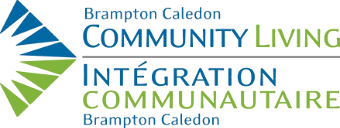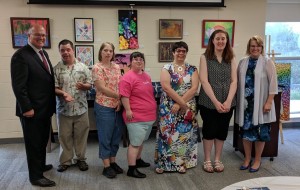In a 7-2 split decision, this past Friday in the case of S.A. v. Metro Vancouver Housing Corp, the Supreme Court of Canada overturned British Columbia’s Court of Appeal’s decision on discretionary (Henson) trusts. In doing so, the court has set a precedent that will serve to shield the rights of persons with disabilities and helps to reduce poverty.
Discretionary trusts are used by parents and family members of persons with intellectual disabilities to provide financial security for their loved ones. The court decided that discretionary trusts should not be considered assets when determining income levels because the beneficiary cannot unilaterally force the trustees to make payments.
The appellant in the case was an individual with a disability living in a Metro Vancouver Housing Corporation (MVHC) complex. They were required to provide income verification every year as part of their application for rental assistance. In 2015, MVHC declined to approve the appellant’s application after learning that they were the beneficiary of a Henson trust. The Supreme Court ruled a Henson trust could not disqualify the appellant from being considered by MVHC for rental assistance.
The central issue in the appeal was whether assets in a Henson trust could be considered assets to assess an individual’s eligibility to receive social assistance benefits. This issue is of importance to people with disabilities as Henson trusts are a common estate planning tool used by families to ensure that their loved ones have a measure of financial security and autonomy after their death.
People First of Canada (PFC) and the Canadian Association for Community (CACL) served as co-intervenors advocating on behalf of the many persons with disabilities, and their families who regularly rely on discretionary (Henson) trusts as a tool to combat the systemic disadvantage and poverty persons with an intellectual disability face when their parents die.
Shelly Fletcher, Executive Director of PFC, responded that “For many of the people with disabilities that make up People First, discretionary trusts provide a modest level of financial stability after family members have passed away. But it isn’t like these folks are sitting on excess funds that can be used at their discretion. It is always encouraging when people with disabilities are heard – and today it feels like People First was heard loud and clear at the Supreme Court.”
“People with disabilities continue to face barriers in their participation as equal members of Canadian society. There is still more work to be done, but today we will celebrate,” said Joy Bacon, President of CACL.
This ruling does help, but it does not eliminate the need for good public policy that addresses the longstanding poverty of people with an intellectual disability, the barriers they face, and issues they encounter before and after their parents die.

/https://www.thestar.com/content/dam/thestar/news/gta/2018/09/12/child-support-ordered-in-precedent-setting-case-involving-adult-with-disabilities/robyn_and_josh_coates.jpg)

/https://www.thestar.com/content/dam/thestar/news/gta/2018/05/04/ontario-educational-system-failing-students-with-intellectual-disabilities-report/rotolo_mom.jpg)